Jeffrey J. Gray
Deciphering antibody affinity maturation with language models and weakly supervised learning
Dec 14, 2021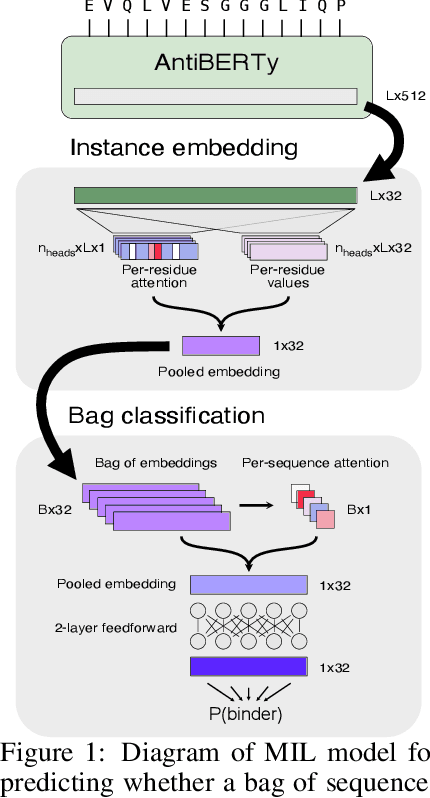
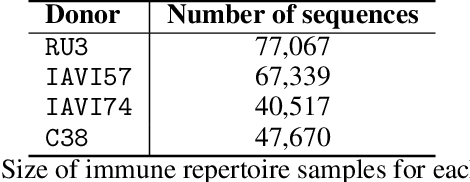
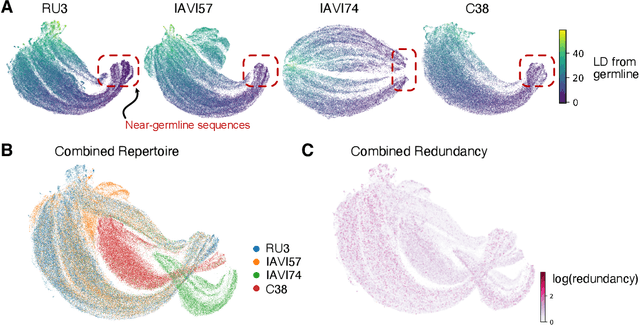
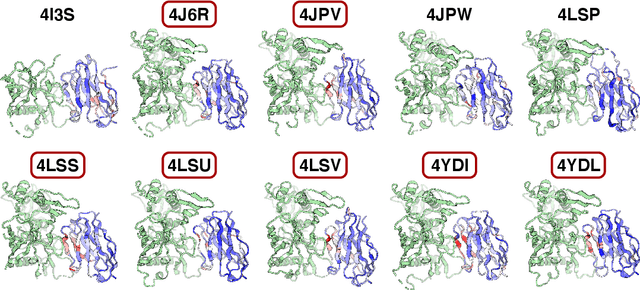
Abstract:In response to pathogens, the adaptive immune system generates specific antibodies that bind and neutralize foreign antigens. Understanding the composition of an individual's immune repertoire can provide insights into this process and reveal potential therapeutic antibodies. In this work, we explore the application of antibody-specific language models to aid understanding of immune repertoires. We introduce AntiBERTy, a language model trained on 558M natural antibody sequences. We find that within repertoires, our model clusters antibodies into trajectories resembling affinity maturation. Importantly, we show that models trained to predict highly redundant sequences under a multiple instance learning framework identify key binding residues in the process. With further development, the methods presented here will provide new insights into antigen binding from repertoire sequences alone.
Deep Learning in Protein Structural Modeling and Design
Jul 16, 2020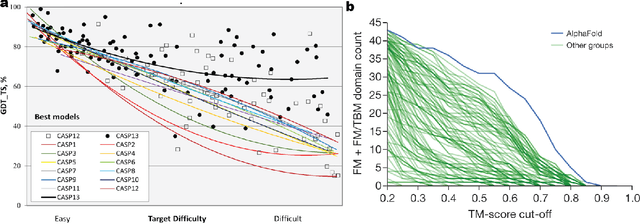

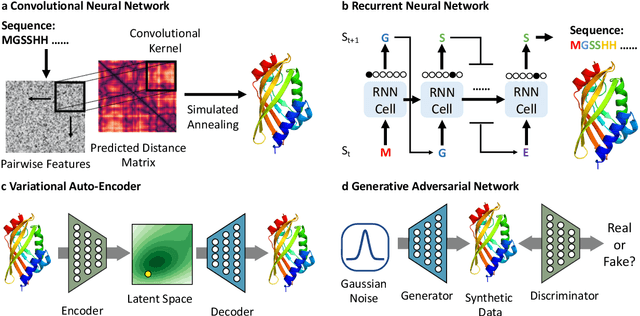
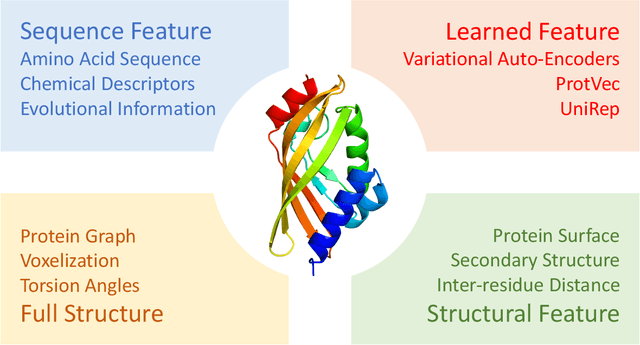
Abstract:Deep learning is catalyzing a scientific revolution fueled by big data, accessible toolkits, and powerful computational resources, impacting many fields including protein structural modeling. Protein structural modeling, such as predicting structure from amino acid sequence and evolutionary information, designing proteins toward desirable functionality, or predicting properties or behavior of a protein, is critical to understand and engineer biological systems at the molecular level. In this review, we summarize the recent advances in applying deep learning techniques to tackle problems in protein structural modeling and design. We dissect the emerging approaches using deep learning techniques for protein structural modeling, and discuss advances and challenges that must be addressed. We argue for the central importance of structure, following the "sequence -> structure -> function" paradigm. This review is directed to help both computational biologists to gain familiarity with the deep learning methods applied in protein modeling, and computer scientists to gain perspective on the biologically meaningful problems that may benefit from deep learning techniques.
 Add to Chrome
Add to Chrome Add to Firefox
Add to Firefox Add to Edge
Add to Edge